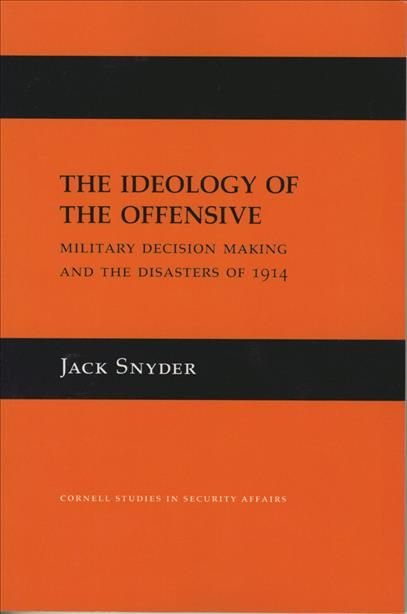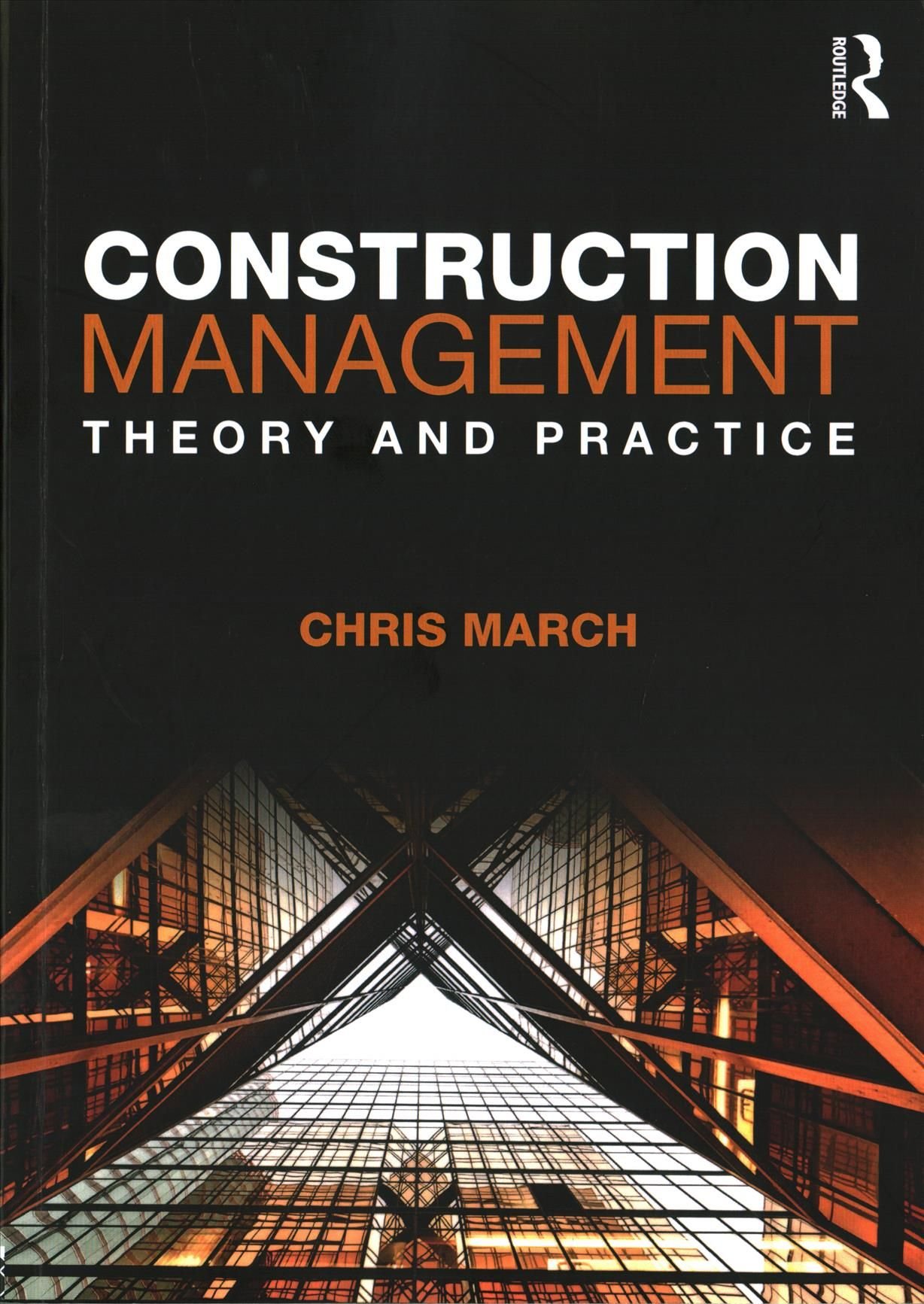ALEXANDER SIGALOV, PhD, is a Research Assistant Professor in the Department of Pathology at the University of Massachusetts Medical School in Worcester, Massachusetts, USA. His main research interests include protein intrinsic disorder and oligomericity in the context of transmembrane signal transduction, the molecular mechanisms underlying immune receptor-mediated signaling and ways to control these processes and thus to modulate the immune response, as well as the development and applications of novel targets and strategies for innovative immune therapy. He discovered and investigated a very unusual and unique biophysical phenomenon, the homooligomerization of intrinsically disordered proteins, thus providing the first evidence for the existence of specific interactions between unfolded protein molecules. In the field of immunology, he unraveled a long-standing mystery of transmembrane signaling and immune cell activation triggered by multichain immune recognition receptors. Later, he developed a novel concept of platelet inhibition and invented a novel class of platelet inhibitors. In the field of immune therapy, he proposed new therapeutic strategies for a variety of malignancies and immune disorders, including immunodeficiencies, inflammatory and autoimmune diseases, allergy and HIV. He is a member of the American Association for the Advancement of Science and the Biophysical Society, USA. Alexander Sigalov received his academic degrees (MSc in Chemistry and a PhD in Organic Chemistry) from Moscow State University, Russia.












